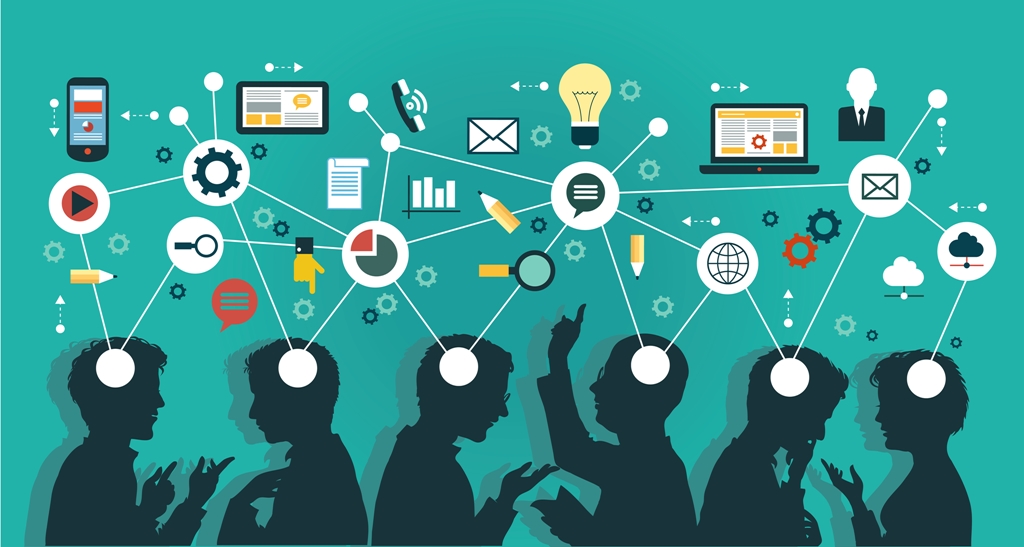1. Ethical guidelines and frameworks: Several organizations, including the European Commission and the IEEE, have developed ethical guidelines and frameworks to ensure responsible development and deployment of AI.
2. Bias detection and mitigation: There has been a growing focus on detecting and addressing biases in AI systems, especially those that outcome in discriminatory practices. Researchers have been working on developing methods to mitigate biases and promote fairness.
3. Explainability and interpretability: AI systems are becoming increasingly complex, making it challenging to understand how they arrive at their decisions. Efforts are being made to develop techniques to explain and interpret AI’s decision-making processes to increase transparency.
4. Data privacy and protection: With the rise in AI applications relying on vast amounts of data, concerns about privacy and data protection have emerged. There have been developments in implementing privacy-preserving techniques and ensuring data is handled responsibly.
5. Accountability and transparency: The need for accountability and transparency in AI decision-making processes has become critical. Researchers are exploring methods to make AI systems accountable for their actions and to provide transparency into the decision-making logic.
6. Robustness and adversarial attacks: AI systems can be vulnerable to attacks, where adversaries attempt to manipulate them by introducing subtle perturbations. Researchers are focused on developing AI models that are robust against adversarial attacks.
7. Human-AI collaboration: The development of ethical AI includes exploring ways to enhance collaboration between AI systems and humans. Researchers are investigating methods to ensure AI augments human capabilities, rather than replacing them, and that humans remain in control.
8. Legal and regulatory frameworks: Governments and institutions around the world are actively working on creating legal and regulatory frameworks to address ethical concerns related to AI. This involves putting in place policies, standards, and guidelines to ensure responsible AI practices.
9. Social and economic impacts: As AI technology advances, there is a need to consider its broader social and economic impacts. Efforts are being made to understand and mitigate potential negative consequences, such as job displacement and inequality.
10. Global collaboration and partnerships: Recognizing the global nature of AI ethics and responsible practices, there has been an increase in international collaborations and partnerships. Organizations, governments, and experts are coming together to share knowledge, exchange best practices, and collectively address AI ethics challenges.




